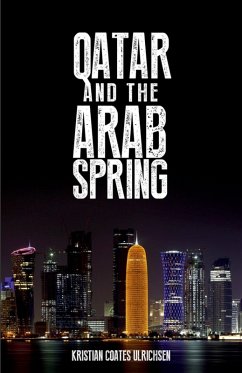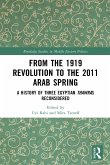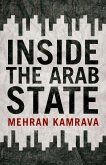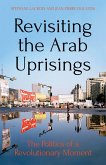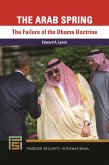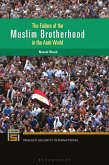Qatar and the Arab Spring offers a frank examination of Qatar's startling rise to regional and international prominence, describing how its distinctive policy stance toward the Arab Spring emerged. In only a decade, Qatari policy-makers - led by the Emir, Sheikh Hamad bin Khalifa Al-Thani, and his prime minister Sheikh Hamad bin Jassim Al-Thani - catapulted Qatar from a sleepy backwater to a regional power with truly international reach. In addition to pursuing an aggressive state-branding strategy with its successful bid for the 2022 FIFA World Cup, Qatar forged a reputation for diplomatic mediation that combined intensely personalized engagement with financial backing and favorable media coverage through the Al-Jazeera. These factors converged in early 2011 with the outbreak of the Arab Spring revolts in North Africa, Syria, and Yemen, which Qatari leaders saw as an opportunity to seal their regional and international influence, rather than as a challenge to their authority, and this guided their support of the rebellions against the Gaddafi and Assad regimes in Libya and Syria. From the high watermark of Qatari influence after the toppling of Gaddafi in 2011, that rapidly gave way to policy overreach in Syria in 2012, Coates Ulrichsen analyses Qatari ambition and capabilities as the tiny emirate sought to shape the transitions in the Arab world.
Dieser Download kann aus rechtlichen Gründen nur mit Rechnungsadresse in A, B, BG, CY, CZ, D, DK, EW, E, FIN, F, GR, HR, H, IRL, I, LT, L, LR, M, NL, PL, P, R, S, SLO, SK ausgeliefert werden.
Hinweis: Dieser Artikel kann nur an eine deutsche Lieferadresse ausgeliefert werden.

